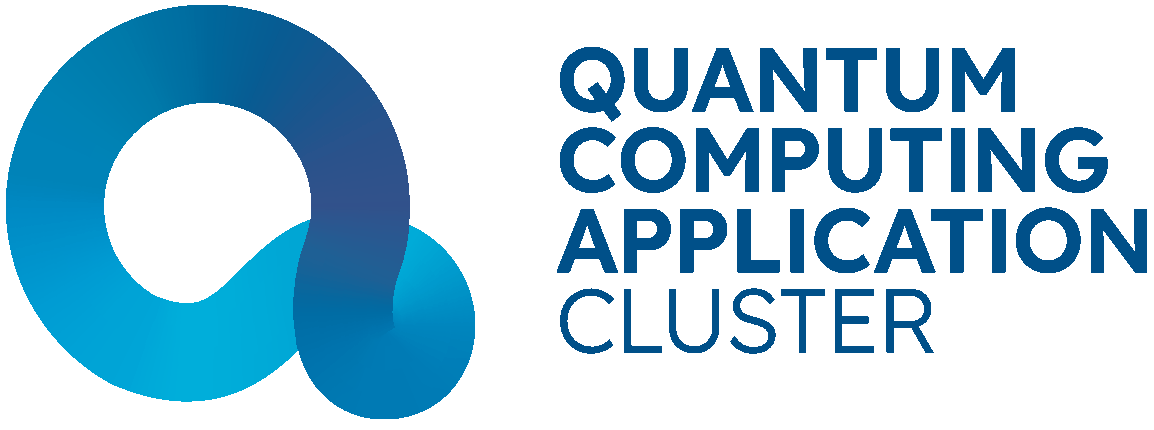About the QCA Cluster
BACKGROUND AND OPPORTUNITIES
Quantum computing, in which information is processed using the properties of microscopic particles or nanoelectronic circuits, has seen step-changes in the rate of development over the past few years. This has come alongside major investments from large companies such as Google and IBM, and substantial funding from national programmes. The leading hardware architectures, based on superconducting systems, trapped ions, and neutral atoms are nearing the potential for complex calculations with 50-100 quantum bits, which could allow them to perform certain types of calculations well beyond the capability of large supercomputers.
The potential opportunities are large and wide-ranging, beginning with materials science calculations, and extending to the potential solution of logistics and optimization problems (relevant across a range of industries, from aircraft logistics and traffic routing to portfolio optimization in FinTech), the solution of differential equations (e.g., for fluid flow in aerospace engineering), to quantum chemistry (new molecule design, with future applications to nitrogen-fixing or drug discovery) as well as applications in cyber security (including cryptanalysis towards the development of post-quantum secure infrastructure).
However, in order to make use of the power of quantum computing in the short term, we need to identify the most promising computational challenges, and optimize software implementations to take advantage of the strength of specific hardware platforms. This requires direct collaboration between end-users, experts in software development, and hardware infrastructure of quantum systems tailor-made to specific applications.
VISION
The Quantum Computing Application Cluster brings together the world-class expertise across quantum hardware and software at the University of Strathclyde, University of Edinburgh, and University of Glasgow. By joining up our capability in software for end-user applications with expertise in developing novel quantum-hardware platforms, we will accelerate the development of quantum-computing technologies in Scotland, aiming to make end-user advantages over classical computing possible in the near term.
The Cluster’s activities will comprise scientific, technical, training and educational aspects of quantum computing and simulation. We will undertake collaborative research, run workshops to educate students, and especially engage with industry, fostering new collaborations that maximise the beneficial impact of quantum computing on the Scottish and UK economy and wider society.
UNIQUE CAPABILITY
In the QCA Cluster, we have a unique combination of capabilities on an international scale. We have strong expertise in developing software for quantum computing, with connections to computer science and cryptography, especially in the School of Informatics at the University of Edinburgh (Elham Kashefi, Petros Wallden, Myrto Arapinis, and Chris Heunen), as well as connections to further end-user applications and to hardware architectures at the University of Strathclyde (Andrew Daley).
This Cluster is focused around three distinct experimental platforms which aim at the development of full, scalable systems for neutral atom quantum computing (Jonathan Pritchard) and quantum simulation (Stefan Kuhr) at the University of Strathclyde, and the development of superconducting qubit architectures and quantum chips at the University of Glasgow (Martin Weides) is done together with the James Watt Nanofabrication Centre.
The software applications we develop will be optimized for specific near-term hardware to accelerate the potential impact on end-users. We will primarily focus on our local hardware platforms but we also have connections to other platforms through national and international collaborations.
For more details on our capability see:
CONNECTIONS TO NATIONAL AND INTERNATIONAL PROGRAMMES
We are strongly connected to the UK National Quantum Technologies programme, especially through the Phase II Quantum Technologies Hub for Computing and Simulation and connections with the National Quantum Computing Centre (NQCC). We have links to UKRI projects CCP-QC (Collaborative Computational Project on Quantum Computing) and a lead on QEVEC (Quantum Enhanced and Verified Exascale Computing), part of the ExCALIBUR project. Our members lead the ICT-QT network EPIQC (Empowering Practical Interfacing of Quantum Computing) and are partners in INQA, the International Network on Quantum Annealing.
We also participate in leading European Quantum Technologies Flagship projects, including PASQuanS (for the development of analogue quantum simulators for end-user applications), AVaQus (Coherent quantum annealers by engineering novel superconducting quantum circuits), and the Quantum Internet Alliance. Our software programme activities are supported by three US grants (US Air Force and US Navy). We are also connected more broadly with basic research in Scotland through the Scottish Universities Physical Alliance (SUPA), and the Quantum Information Scotland Network (QUISCO).

